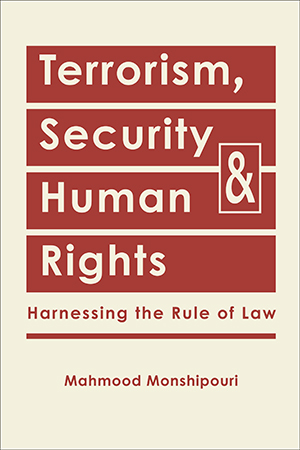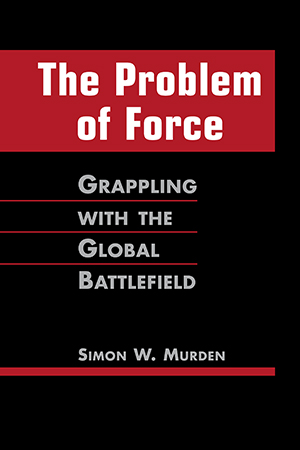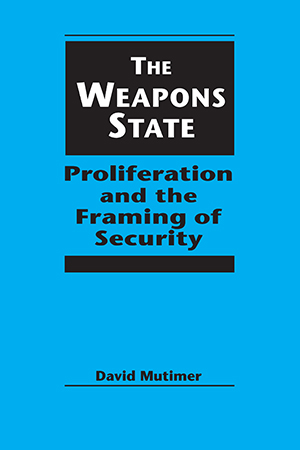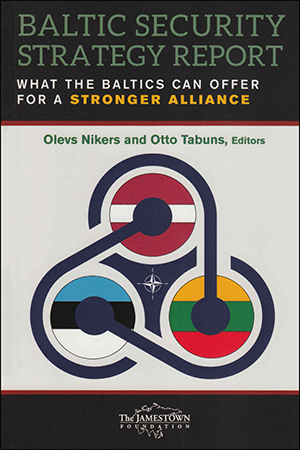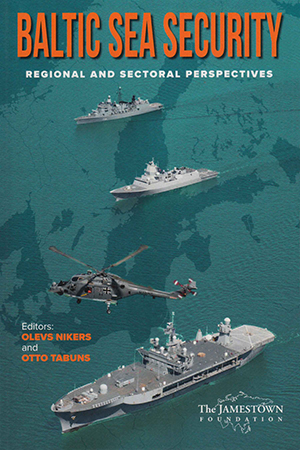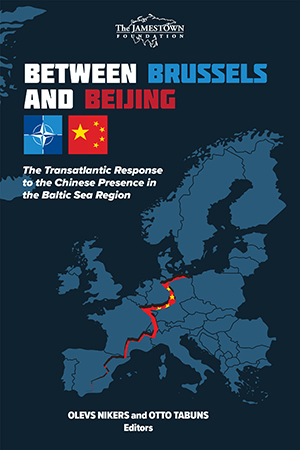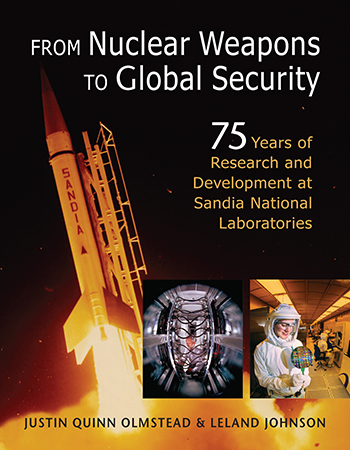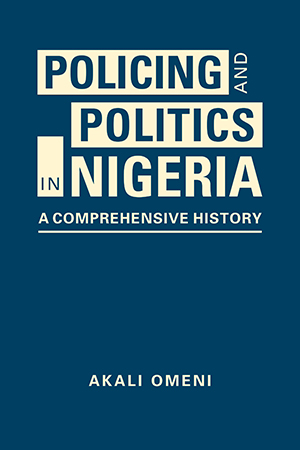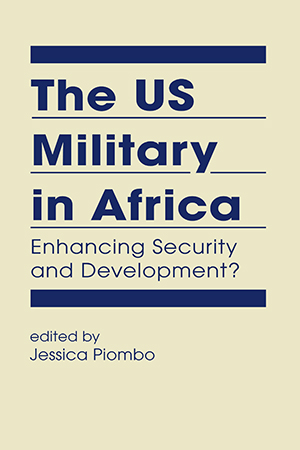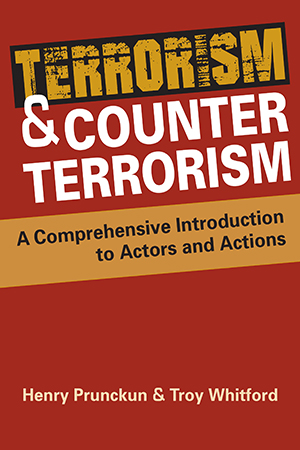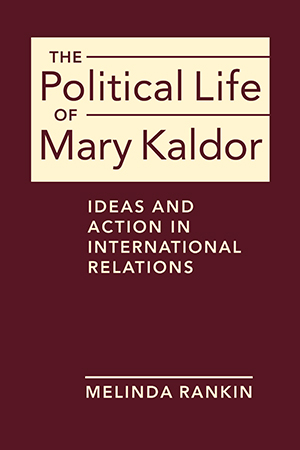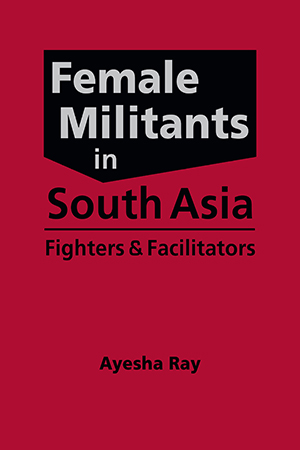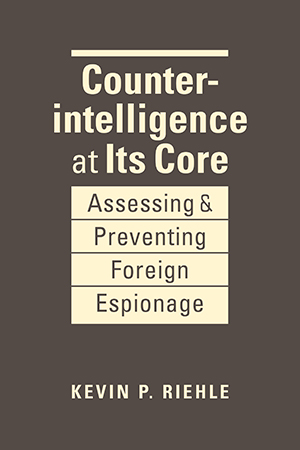Security and Intelligence Studies
Scholars and policymakers disagree on the most effective way to counter transnational terrorism, generating debate on a range of questions: Do military interventions increase or decrease the More >
Why, despite indisputably superior military might, have the US-led military interventions in Afghanistan and Iraq been so fraught with setbacks? Does it make sense in today’s security More >
The proliferation of all kinds of weapons (nuclear, chemical, biological, and even conventional) is emerging as a focal point for international security. This book shows how both the More >
This in-depth security review of Estonia, Latvia, and Lithuania assesses current challenges pertaining to defense and deterrence, societal security and resilience, economic security, and More >
Baltic Sea Security offers a multifaceted discussion of the complex security issues affecting the Baltic region—with important implications for the cohesion of the wider transatlantic More >
China's growing presence in the strategically important Nordic-Baltic region has implications not only for the region itself, but also for general transatlantic relations. Within that More >
Sandia National Laboratories is one of the primary providers of the science, technology, and engineering capabilities needed to ensure both US and global security. Its mandate has moved far More >
Close to the center of politics since the nineteenth century, the Nigeria Police Force (NPF) has grown to become the country’s main security agency. Akali Omeni traces the checkered More >
What happens when external forces are brought to bear on domestic grievances and governance institutions? In environments profoundly affected by both violent extremist organizations and More >
Recent US security policy toward Africa has adopted a multidimensional approach—including the use of military assets to promote economic development and good governance—that has More >
What is terrorism? How do terrorists operate—what are their means, targets, and motivations? How can governments prevent terrorist attacks from happening? Henry Prunckun and Troy More >
Beginning with Mikhail Gorbachev's December 1988 announcement that Moscow intended to unilaterally reduce its conventional armed forces, the spotlight on arms control has turned away More >
Although more than a little controversial, Mary Kaldor's academic work and ideas have both stimulated and influenced debate in the Pentagon, the United Nations, the European Union, NATO, More >
Though often portrayed as lacking agency, women in South Asia, in considerable numbers, participate actively in the insurgencies that plague the region—taking up arms alongside men or More >
What is the core purpose of counterintelligence? What does it involve? To answer these questions, Kevin Riehle explains in detail how counterintelligence analysis supports the mission of More >


